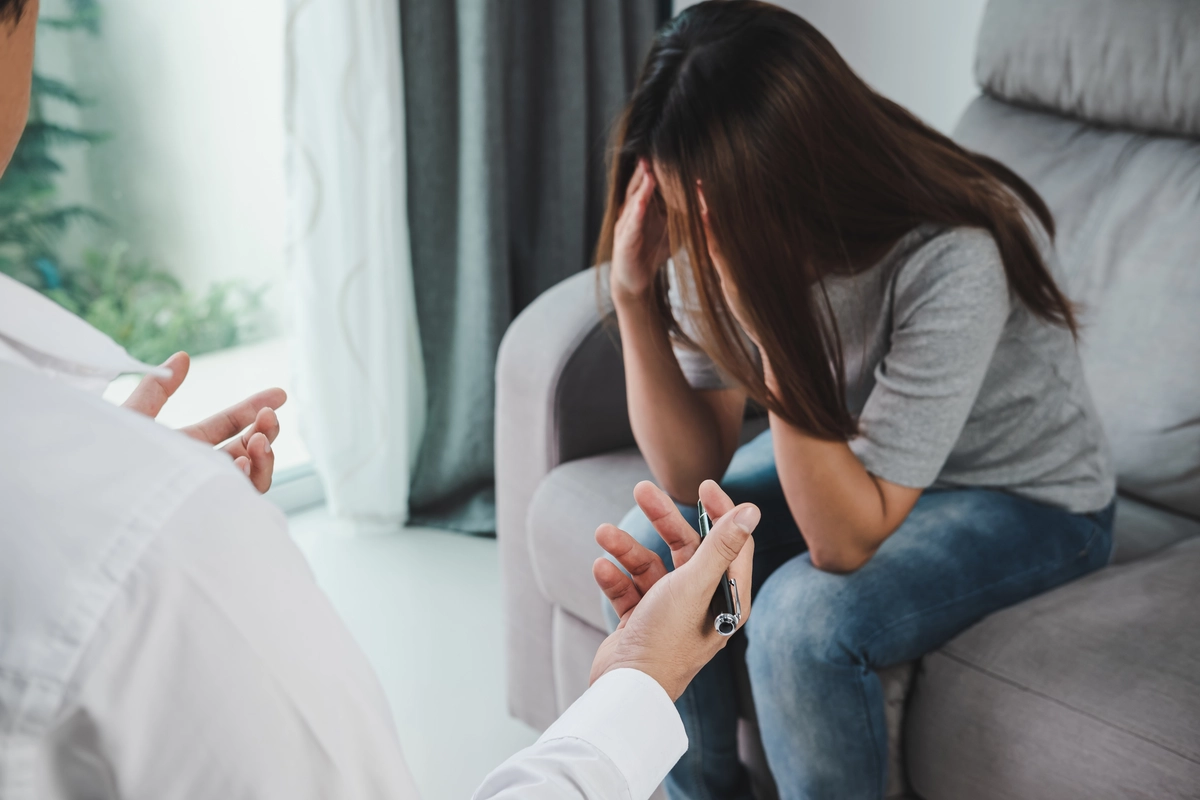24/7 Helpline:
(866) 899-221924/7 Helpline:
(866) 899-2219
Learn more about Anxiety Treatment centers in Fort Gaines
Anxiety Treatment in Other Cities

Other Insurance Options

MHNNet Behavioral Health

Sutter

Covered California

Oxford

WellCare Health Plans

United Health Care

Medical Mutual of Ohio

Humana

Sliding scale payment assistance

Ambetter

Aetna

CareSource

Choice Care Network

Health Net

CareFirst

Carleon

Absolute Total Care

Cigna

ComPsych

Access to Recovery (ATR) Voucher














